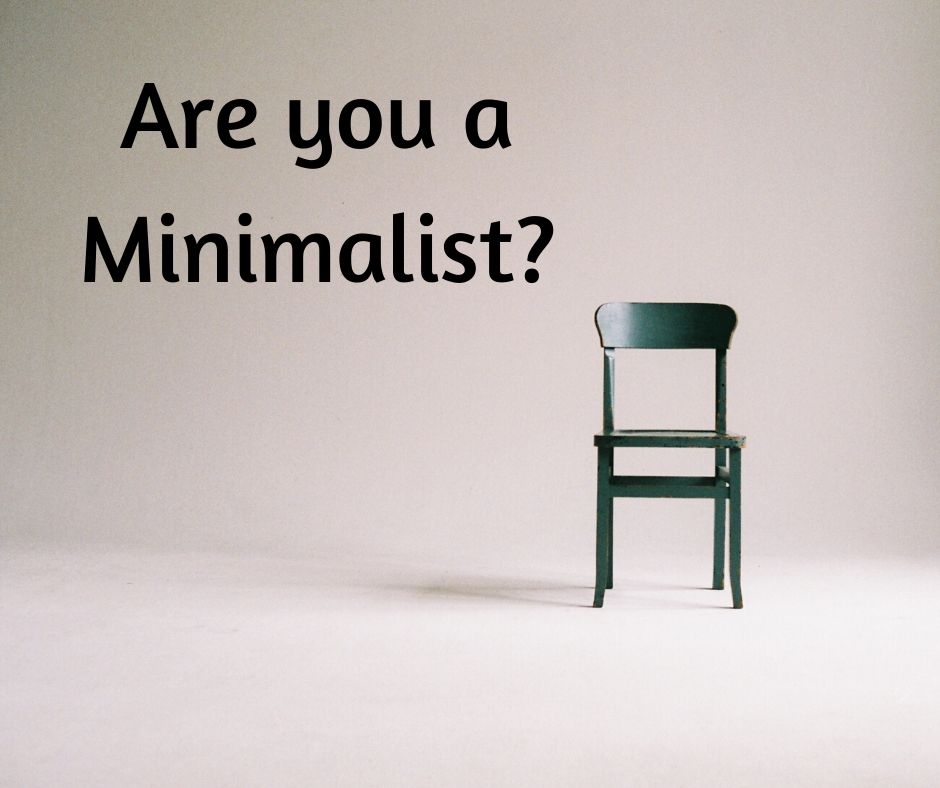Is living a Minimalist Lifestyle For You?
 We hear a lot of talk about minimalism. So what is it exactly? I personally am not a huge proponent of “labels”, but when referring to a minimalist lifestyle, this “label” helps me understand certain characteristics and lifestyle choices a person makes.
We hear a lot of talk about minimalism. So what is it exactly? I personally am not a huge proponent of “labels”, but when referring to a minimalist lifestyle, this “label” helps me understand certain characteristics and lifestyle choices a person makes.
Minimalism in its’ simplest terms means;
- Getting rid of things you do not use or need.
- Focusing on your priorities.
- Getting rid of stuff that doesn’t bring value to your life, allowing you to focus on those things that bring you joy and happiness.
- It means living a simple, uncluttered life.
There are many aspects of minimalism. Generally, they’re broken down into these 6 categories:
- Minimalist Home – We often see furniture and home décor styles being referred to as a minimalist style. Having a minimalist home is about having a simple uncluttered space to live. It’s about having a clean, fresh living space to help keep your mind clear and focused. Having less clutter also reduces the time we spend cleaning, so we can spend more time on things that bring us joy.
- Living Essentially – This is about choosing to live with only those things you NEED vs those things you want. Following this type of minimalism focuses on quality over quantity. A way to adopt this practice is to ask yourself; Do I really NEED this, or absolutely LOVE it? If the answer is yes, buy it. If not, let it go.
- Being Mindful – This aspect of minimalism focuses on purpose and intention. A mindful minimalists’ focus is to find enlightenment and inner peace. General practices of meditation and stillness are an essential part of this aspect.
- Thrifty Living – Letting go of possessions. This could mean getting rid of those old clothes in the back of your closet. It could mean donating those items in your storage locker that you haven’t seen or used in years. Reducing and using only the space and items you need.
- Eco-Friendly Living – This is about living green. Consuming less is the focus here. This could mean growing your own food or riding your bike to work rather than driving or owning a car. Reusing and recycling wherever possible. Only consuming what you need and no more.
- Experiential Living – This is all about collecting experiences rather than material possessions. The focus here is to allocate resources for activities rather than possessions. An extreme experientialist has minimal possessions. This allows them to pick up easily and move on to their next adventure.
You don’t have to live a life of extreme choices to be considered a minimalist. Whatever works for each of us is different. You may already practice some of the minimalist mentality and not realize it.
So if you’re interested in simplifying your life, living a minimalist lifestyle may be for you. Click here to read more>>